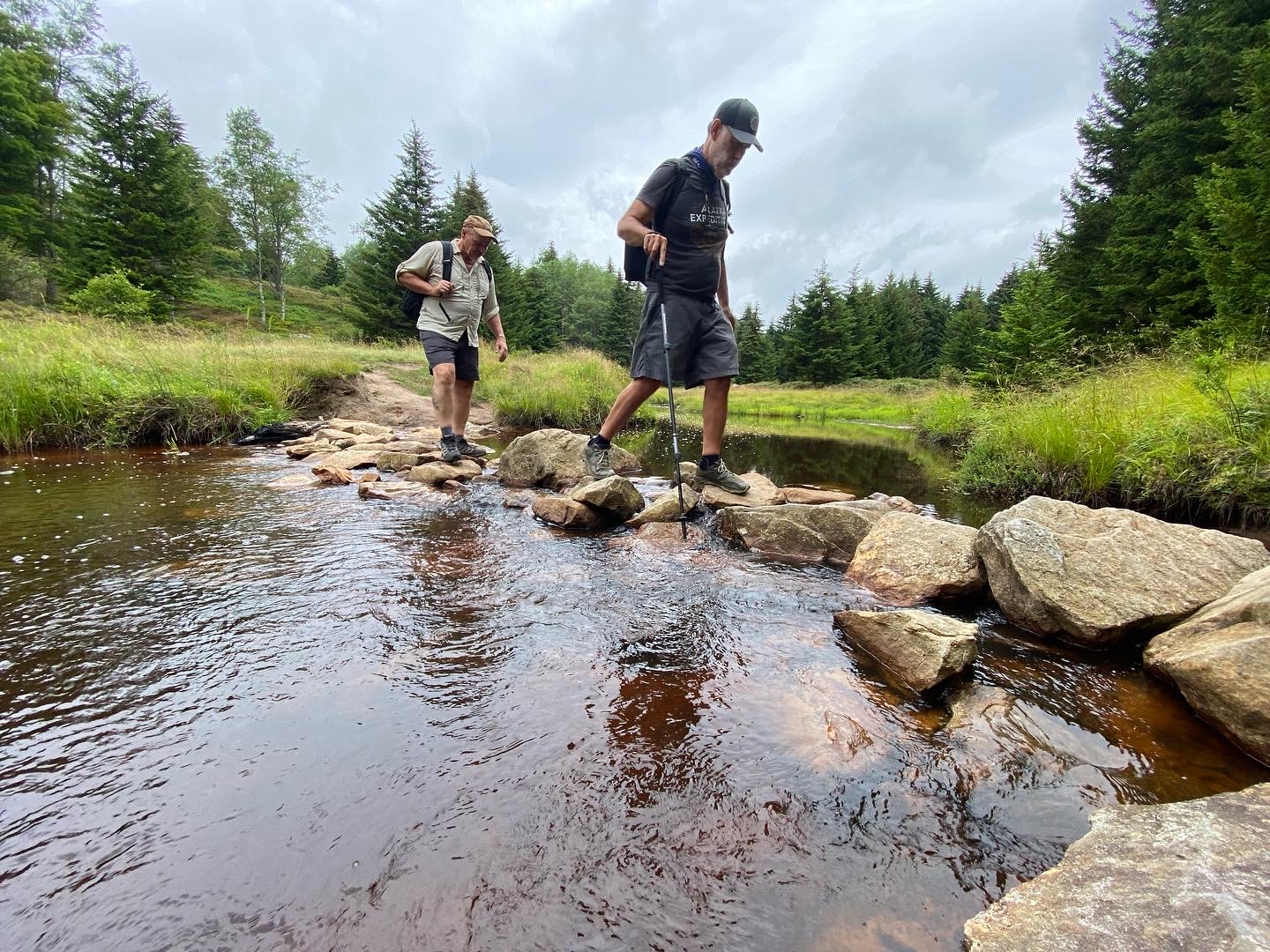As I look back at a productive sabbatical year, and ahead to my new role as professor emeritus, I have been thinking about staying alive: of coming to terms with the “Mark Long project”–whatever that might turn out to be. Recently, too, a friend asked for a link to my essays in The Staying Alive Project, and I thought it would be useful to pull together links to the twenty short essays I wrote on the promises and perils of academic life.
The Staying Alive Project began as a conversation with John Tallmadge in 2006. Our conversations led to a workshop for academic professionals at the Biennial Conference of the Association for the Study of Literature and Environment (ASLE) in Spartanburg, South Carolina, in the summer of 2007, and then in ASLE sessions and panels at the biennial conferences through the 2019 ASLE gathering in Davis, California.
Over the years, we also led conversations about the challenges of academic life with colleagues at colleges and universities across the country, and invited guest posts on our Staying Alive Blog, including John Knott, Michael P. Branch, Sarah Jaquette Ray, and Stephen Siperstein. I have also published a series of essays on academic departments and institutions in academic journals and essay collections.
The grounding premise of the Project is spelled out on our web site: “Like other learned professions, academia offers a model career path that holds out the promise of a fulfilling life. This organizing fiction begins with graduate school and proceeds through temporary and tenure-track jobs to the watershed of the tenure review, and thence to tenure, promotion, and retirement with honors. While many careers do indeed unfold along this path, many others diverge to a greater or lesser degree. But at every point along the way, one’s experience reflects the interplay of three fundamental factors: the person, the profession, and the institution. And much quiet desperation arises from ignorance of their nature and influence. We are interested in a conversation about these factors and how they operate across the phases of an academic career.
“Drawing inspiration from Eric Erickson’s life stages, we define three major phases of academic life across three dimensions of experience. Each of these phases—graduate school, junior faculty, and senior faculty—offers payoffs that are also challenges or costs. At each stage, people experience seduction followed by betrayal-or, in more benign circumstances, disillusionment. Our vision is to cultivate a life practice for academic people guided by the virtues of centeredness, wholeness, compassion, forgiveness, generosity, imagination and collaboration.”
Now that I am in transition to a new phase of life and work, I may be turning again to reflect on these questions.
On Staying Alive: Occasional Essays on the Promises and Perils of Academic Life (2009––2019)
When a Sense of Place is a Sense of Motion
Some Thoughts on Identity and Integrity
Contingency, Collaboration and the Justification of the Humanities
The Value of Professional Mentoring
The Bureaucratization of the Imaginative
Rethinking (Academic) Success 3
It Don’t Come Easy: Thoughts on the Citizen Phase of Academic Life
Contingency, Irony, Solidarity
It Gets Better—and Other Enabling Fictions
Neither For Nor Against: Notes on the Institution
The Question of the Opportunities: A Postscript to ASLE 2015

